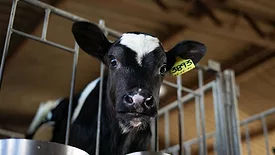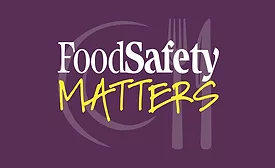Process Control
PFAS in Food Packaging: What You Need To Know
FDA's and EPA's regulation of PFAS is developing, and it is an important consideration for food producers and packagers
February 13, 2025
Hydroxyl Radicals for a Radical Advantage in Food Processing Hygiene: A Survey of Biocides Used by the Food Industry—Part 2
Biocidal chemicals and other physical/chemical techniques may be used together, in a strategic manner, to achieve an overall improvement in plant hygiene
February 12, 2025
Never miss the latest news and trends driving the food safety industry
Newsletters | Website | eMagazine
JOIN TODAY!Copyright ©2026. All Rights Reserved BNP Media.
Design, CMS, Hosting & Web Development :: ePublishing












